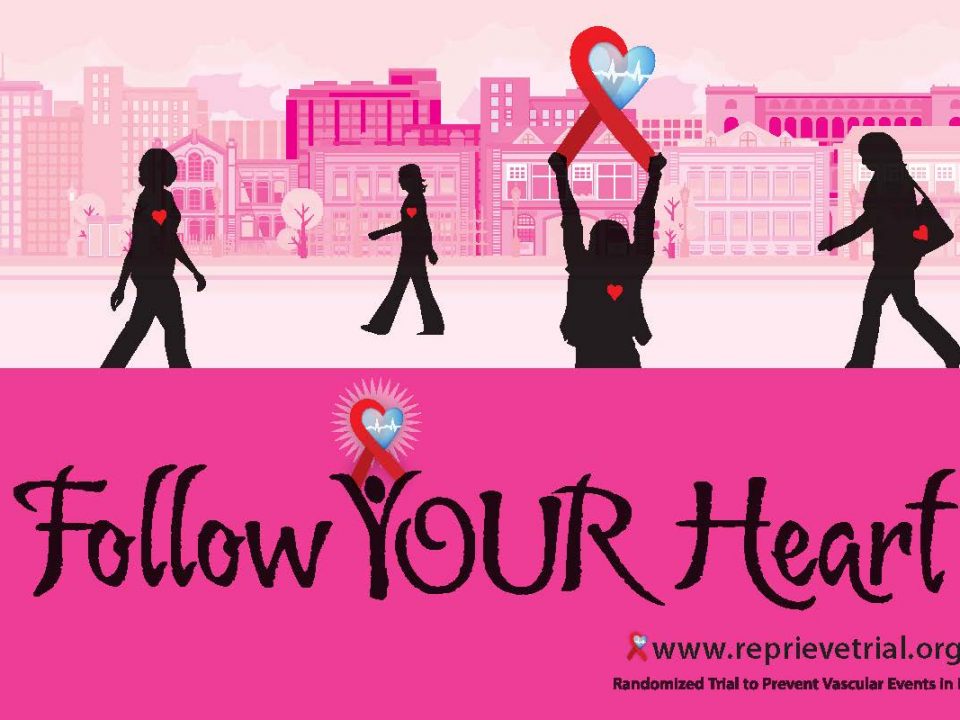By Corinne Rivard
Smoking has negative consequences on health and wellness, and studies have shown that people with HIV are more likely to smoke, and less likely to stop smoking compared to people without HIV1. In addition, people with HIV have a higher relative risk of smoking-related cancer compared to those without HIV2. Quitting smoking can help reduce the risk of cardiovascular disease (heart disease) among people with HIV3. As such, quitting smoking should be a priority.

There are a variety of strategies and lifestyle changes that can help you quit smoking4, such as:
- Counseling services (group or individual)
- Telephone quit-line services
- Nicotine patch, lozenge, gum, inhaler or nasal spray
- Other non-nicotine prescription medications
Strategies for quitting smoking which involve medications should not be undertaken without a detailed discussion with your healthcare provider.
Importantly, studies in the general population have shown that once you quit smoking the benefits to your heart increase with time5.
After quitting smoking:
- Your heart rate and blood pressure drop after 20 minutes6.
- Your risk of heart attack drops significantly after 1 year7.
- Your risk of a stroke compares to that of a non-smoker after 2 to 5 years8.
- Your risk of coronary heart disease resembles that of a non-smoker’s after 15 years9.
Can E-cigarettes help me quit smoking?
Research is still ongoing about whether the use of electronic cigarettes (or E-cigarettes) is an effective method for quitting smoking. E-cigarettes vaporize nicotine rather than burning tobacco, which is known to have many toxic agents10. Dr. Nancy Rigotti, Director of Massachusetts General Hospital’s Tobacco Research and Treatment Center stated11, “We don’t yet know if e-cigarettes can help people quit smoking… but for adults having a hard time quitting, e-cigarettes have the theoretical potential to join the array of already approved methods to quit tobacco”.
The silver lining is that there are already many methods to help you quit smoking! Have a conversation with your healthcare provider about the best methods that could help you quit smoking.
Resources
- Mdodo R, Frazier EL, Dube SR, Mattson CL, Sutton MY, Brooks JT, Skarbinski J. Cigarette Smoking Prevalence Among Adults with HIV Compared with the General Adult Population in the United States Ann Intern Med. 2015;162:335-344.
- Helleberg M, Afzal S, Kronborg G, Larsen CS, Pedersen G, Pedersen C, Gerstoft J, Nordestgaard BG, Obel N. Mortality Attributable to Smoking Among HIV-1-Infected Individuals: A Nationwide, Population-Based Cohort Study. Clinical Infectious Diseases 2013;56(5):727–734.
- Petoumenos K, Worm S, Reiss P, de Wit S, d’Arminio Monforte A, Sabin C, et al. D:A:D Study Group. Rates of Cardiovascular Disease Following Smoking Cessation in Patients With HIV Infection: Results From the D:A:D Study. HIV Medicine. 2011;12(7):412–21.
- Fiore MC, Jaén CR, Baker TB, et al. Treating Tobacco Use and Dependence: 2008 Update—Clinical Practice Guidelines. Rockville (MD): U.S. Department of Health and Human Services, Public Health Service, Agency for Healthcare Research and Quality, 2008
- https://www.cancer.org/healthy/stay-away-from-tobacco/benefits-of-quitting-smoking-over-time.html
- Mahmud A, Feely J. Effect of smoking on arterial stiffness and pulse pressure amplification. Hypertension. 2003;41(1):183-187.
- US Surgeon General’s Report, 2010, p. 359
- US Surgeon General’s Report, 2010 and World Health Organization. Tobacco Control: Reversal of Risk After Quitting Smoking. IARC Handbooks of Cancer Prevention, Vol. 11. 2007, p. 341.
- US Surgeon General’s Report, 2010 and World Health Organization. Tobacco Control: Reversal of Risk After Quitting Smoking. IARC Handbooks of Cancer Prevention, Vol. 11. 2007, p. 11.
- Rom O, Pecorelli A, Valacchi G, Reznick AZ. Are E-cigarettes a safe and good alternative to cigarette smoking? Annals of the New York Academy of Sciences. 1340 (1): 65–74.
- 1https://giving.massgeneral.org/e-cigarettes/



